Karibu to the WILDLABS East Africa Community!
Why WE Exist
The East Africa community is the first WILDLABS regional hub. Started in 2022, it provides a space that creates opportunities for members to build their knowledge, skills, expertise, and reach. The idea behind creating the East Africa community spanned from the need to foster connections and collaborations of conservation and technology players in East Africa. We seek to make a genuine positive impact by tailoring resources and opportunities that will help solve conservation challenges in the region.
Follow Our Progress Since 2022
All we do at WILDLABS is firmly grounded on the community we serve and hope to serve! As part of this commitment, we dedicate time and resources to ensure that this platform is a reliable and credible resource to advance one’s knowledge and skills and be a step toward solving some of the most pressing conservation issues we face in East Africa.
We exist to fulfil the needs of conservation technology players in East Africa through resources and opportunities, to add value to their work, to inspire innovation and collaboration, and most importantly, to contribute towards making the world a better place!
What We Hope To Achieve
Purposefully designed to connect conservation technology practitioners and experts based in East Africa, the WILDLABS East Africa community is a great space to access and share conservation technology resources, ask and answer questions unique to the region, collaborate, and generate new, innovative ideas.
We encourage members to fill in knowledge and skills gaps by sharing their work and other resources to reduce and/or eliminate replication, leading to more streamlined and effective solutions. Through the conversations taking place within the community, members are able to connect with each other and get advice to advance their work, careers, and innovative ideas.
We hope to see interactions that generate new ideas that solve regional challenges, encourage innovation, introduce members to new applications of tech in conservation, and spark new questions on conservation tech in East Africa.
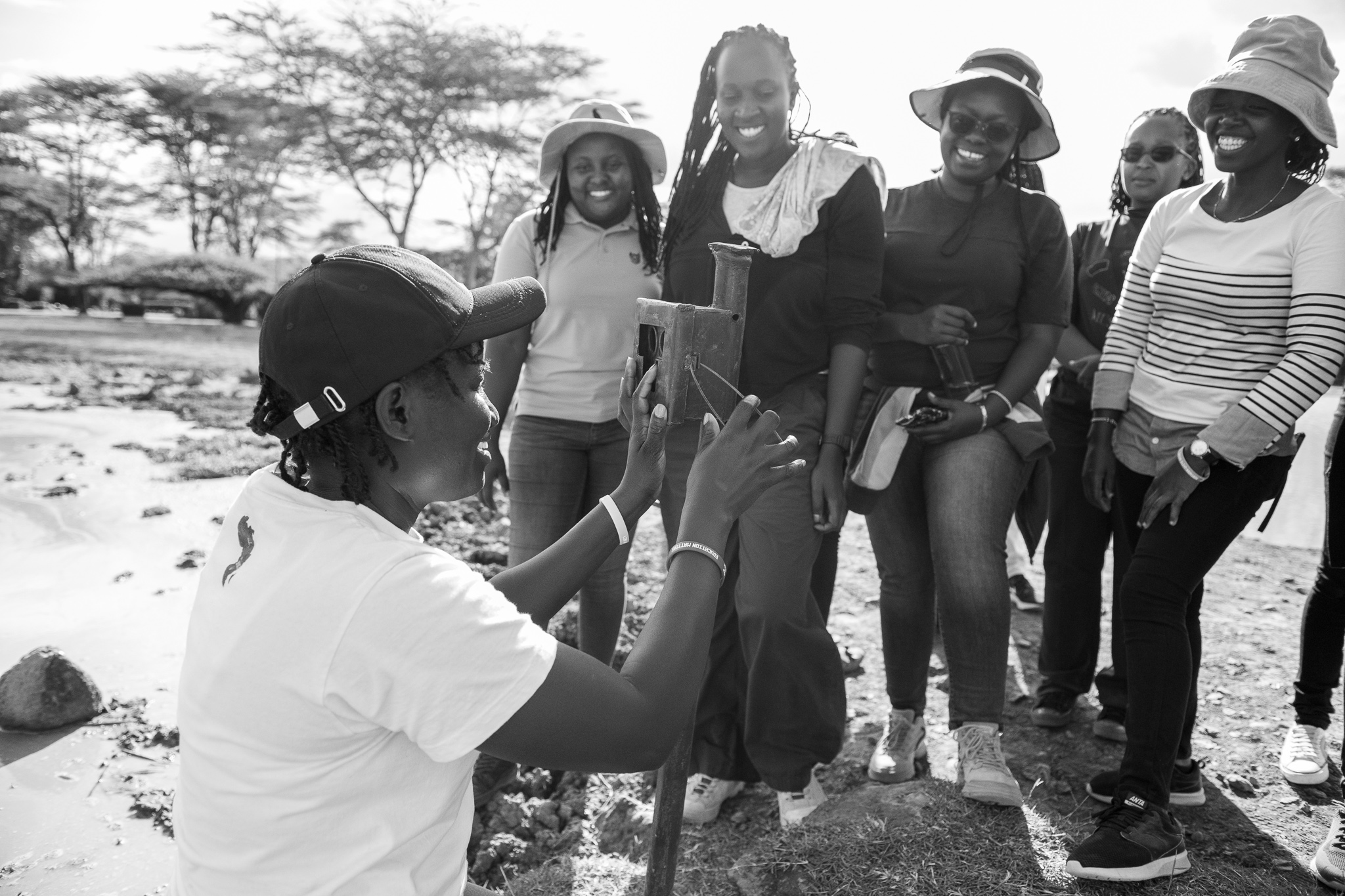
Resources
The WILDLABS team is dedicated to making conservation tech resources accessible to the whole community in a strategic and equitable manner. With a myriad of engaging events, programmes, conversations, and opportunities, the East Africa community will be a great virtual place to build one’s skills, knowledge, and networks. Growing a vibrant and diverse community is made possible by the collaborative efforts of all members through their interactions and their active participation in regional activities organized and supported by WILDLABS.
Some of the resources that will give you a feel of Conservation technology tools and systems implemented in East Africa include:
- Tech Tutors, East Africa
- InConversation, East Africa
- October 2024 East Africa Community Connect: Camera Traps
- December 2024 East Africa Community Connect: Drones
How To Get Involved
Are you keen on getting involved and understanding the intersection of conservation and technology in East Africa? This community offers an exceptional space to learn, share, collaborate and support one another on matters regarding conservation technology in East Africa. From posting articles, engaging in discussions, attending virtual and in-person events, to supporting, applying or taking part in programmes and opportunities in the community, these are some of the ways for you to get involved. The first thing you can do when joining our community is to attend our regular community gathering every other month. View the 2024 event calendar here.

The East Africa community exists because of each of you, and we hope you are happy to join and use the platform for knowledge sharing, collaboration and networking. You can join the community and interact with other members here. Get in touch with Agriphina Cletus and Cathy Njore, our WILDLABS East Africa Group Leaders.
Header Image: @Dylan Habil
Group curators
- @Agripina
- | Miss
Frankfurt Zoological Society
As a wildlife conservationist, I am deeply committed to nature conservation, community empowerment, and wildlife research in Tanzania. I've actively engaged in community-based projects, passionately advocating for integrating local communities into conservation.
- 3 Resources
- 23 Discussions
- 6 Groups
- @nyangetamagesa
- | Miss
I am currently working as research assistant at Lion Landscapes, I am deeply passionate about conservation activities and dedicated to preserve our planet's natural resources

- 2 Resources
- 4 Discussions
- 7 Groups
- @TaliaSpeaker
- | She/her
WILDLABS & World Wide Fund for Nature/ World Wildlife Fund (WWF)
I'm the WILDLABS Research Specialist at WWF-US

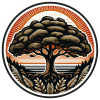

- 23 Resources
- 62 Discussions
- 25 Groups
WILDLABS & Wildlife Conservation Society (WCS)
I'm the Bioacoustics Research Analyst at WILDLABS. I'm a marine biologist with particular interest in the acoustics behavior of cetaceans. I'm also a backend web developer, hoping to use technology to improve wildlife conservation efforts.

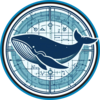
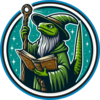
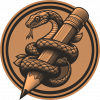
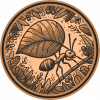
- 27 Resources
- 34 Discussions
- 34 Groups
Sustainability Manager for CERES Tag LTD. An animal health company; animal monitoring, conservation, & anti-poaching/ rural crime. Wildlife, livestock, equine & companion. #CeresTrace #CeresWild #CeresRanch



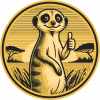

- 2 Resources
- 20 Discussions
- 24 Groups
Movement ecologist using conservation technology to study the behaviors of animals in the wild and understand how they cope with change to most effectively address conservation- and conflict-related issues.


- 0 Resources
- 9 Discussions
- 11 Groups
- @StephODonnell
- | She / Her
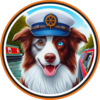
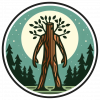

- 193 Resources
- 676 Discussions
- 32 Groups
2023 Bachelor Degree Graduate from the College of African Wildlife Management, Mweka.

- 0 Resources
- 3 Discussions
- 14 Groups
- @CathyNj
- | She
Catherine Njore is a seasoned Cartographer with over 18yrs experience and specializing in children cartography. She recently designed a Cartography: Fun with Maps Program(CFMP); a program that assists children to learn how to draw, read and use maps effectively.
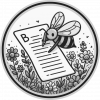
- 7 Resources
- 54 Discussions
- 6 Groups
- @ChloeSutcliffe
- | She/her
Founder of FieldWild: helping organisations transform ambitious research into reality, no matter the environment.
- 0 Resources
- 0 Discussions
- 4 Groups
- @SimonKariuki
- | He/Him
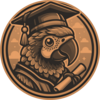
- 0 Resources
- 0 Discussions
- 3 Groups
- @lhughey
- | she/her
Smithsonian Conservation Biology Institute
I am an ecologist and program manager with experience leading collaborative research projects in international settings. I specialize in the application of animal tracking data to conserve migratory species on a changing planet.

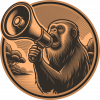
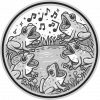
- 6 Resources
- 10 Discussions
- 3 Groups
- @erinconnolly
- | She/her
University College London (UCL)
PhD Student at UCL's People and Nature Lab. Studying human-livestock-wildlife coexistence in the Greater Maasai Mara Ecosystem, Kenya.
- 0 Resources
- 0 Discussions
- 8 Groups
A grant of $150,000 will be awarded to one successful applicant with a proposal that's strongly linked to biodiversity and conservation. The grant will support a research project or programme for up to three years (...
2 April 2024
Are you an emerging Tanzanian conservationist looking to leverage new technologies in your conservation practice and become part of an empowering network of female conservation leaders? Apply now for our Women in...
25 March 2024
As we launch the search for our third Women in Conservation Technology cohort, let’s take a moment to reflect on the highlights of our 2023 journey and shine a spotlight on the incredible women of our inaugural...
22 March 2024
Introducing The Freshwater Sounds Archive, a global database of sounds produced by freshwater species. Submit your species-specific or unidentified sounds to the archive now and receive recognition for your...
15 March 2024
Do you know anyone interested in this position? Let them know by sharing widely.
27 February 2024
The American Society for Mammalogist has multiple categories of funding to support early career conservationist doing research on mammals. Currently, the African Research Fellowship award is open. The awards is mostly...
12 February 2024
Remote Sensing and Research group at Dedan Kimathi University have come up with this ebook after a project observing the deterioration of part of the aberdare. I always welcome efforts that involve young learners so...
31 January 2024
Applications for the Jamii Tech Program from the Twende Social Innovation Centre to Design for Socio-Economic Change in Tanzania are Now Open!
10 January 2024
As I sit down and reflect on my journey, I cannot help but express my hearty gratitude to the organizers of WICT Programme 2022.
31 December 2023
The Somali ostrich (Struthio molybdophanes) also known as the blue-necked ostrich, is a large, flightless and non-migratory bird native to the Horn of Africa (Ethiopia, Somalia, Djibouti and Kenya). It was previously...
22 December 2023
Listen in on our interview with human-predator conflict expert, Gabi Fleury and gain a deeper understanding of the importance of holistic, ethical and community-led approaches to developing tech solutions for...
8 December 2023
Pomp!! Color! glamour and jubilation filled the first ever wildlife scientific conference dubbed “Use of Wildlife Science for enhanced Biodiversity Conservation and improved Livelihoods” that took place at the Lake...
1 December 2023
October 2025
event
December 2024
event
October 2024
event
| Description | Activity | Replies | Groups | Updated |
|---|---|---|---|---|
| Love the idea!!Monterey Bay, CA here : ) |
|
East Africa Community | 2 weeks 2 days ago | |
| Great dear Travis,This is a great news and an opportunity to me and my local bee keepers. It really sounds very helpful.Here is my contacts:Email: muganyizi@pales.or.tz ... |
|
Climate Change, Conservation Tech Training and Education, East Africa Community, Funding and Finance, Human-Wildlife Conflict, Wildlife Crime | 1 month 2 weeks ago | |
| Thank you! I will follow up by email. |
+8
|
Animal Movement, Conservation Dogs, East Africa Community, Geospatial, Sensors, Women in Conservation Tech Programme (WiCT) | 2 months 1 week ago | |
| I am thrilled to share that I have completed the six-month Women in Conservation Technology program. I am Sarah Mshanga, and I hold a... |
|
Acoustics, Conservation Tech Training and Education, Community Base, Early Career, East Africa Community | 4 months 3 weeks ago | |
| Hi everyone.Please help me understand how can monitoring and evaluation tools be designed and implemented to assess the effectiveness and... |
|
Early Career, East Africa Community, Community Base, Conservation Tech Training and Education | 5 months 4 weeks ago | |
| I had the opportunity to attend great discussions around youth and children on assessing progress since the Africa Climate Summit. ... |
|
Climate Change, East Africa Community | 6 months 2 weeks ago | |
| Oops, sorry about that. I wrote a reply a few weeks ago, and I am pretty sure I clicked the button, but apparently something went wrong. So, another attemptThank you for your... |
|
Community Base, Conservation Tech Training and Education, East Africa Community, Funding and Finance, Human-Wildlife Conflict, Latin America Community | 6 months 2 weeks ago | |
| I actually made some models with some learners and it is helpful with lower primary. Great idea. Hadn't thought of mentioning that. |
|
East Africa Community, Climate Change, Geospatial | 6 months 4 weeks ago | |
| Hi Brett, I am interested in developing really low cost multi channel underwater acoustic recorders. Can you tell me a bit more about the board and stuff you were using... |
|
Build Your Own Data Logger Community, Acoustics, Camera Traps, Climate Change, East Africa Community, Marine Conservation, Open Source Solutions, Protected Area Management Tools | 7 months ago | |
| Gracias @Wade, por iniciar esta conversación. La traducción en Mac quedó impecable! Nos encantaría seguir escuchando sus experiencias y sugerencias sobre cómo hacer que nuestros... |
|
Latin America Community, Community Base, East Africa Community | 7 months 2 weeks ago | |
| Hi loveness Comprehending the given answers, I hope this link will help you understand more about SMART. its contain courses of SMART traininghttps://smart.... |
+2
|
Community Base, Conservation Tech Training and Education, East Africa Community, Software Development | 8 months ago | |
| Dear Alex Rood,Thank you so much for the advice. I’ll make sure to regularly check the career openings on resources page. I appreciate your support. |
|
East Africa Community, Community Base, Early Career, Human-Wildlife Conflict | 8 months 2 weeks ago |
Is a physical meet possible this 2025?
20 April 2025 4:28pm
3 May 2025 6:52pm
Wonderful
5 May 2025 8:32pm
Love the idea!!
Monterey Bay, CA here : )
Connecting the Dots: Integrating Animal Movement Data into Global Conservation Frameworks
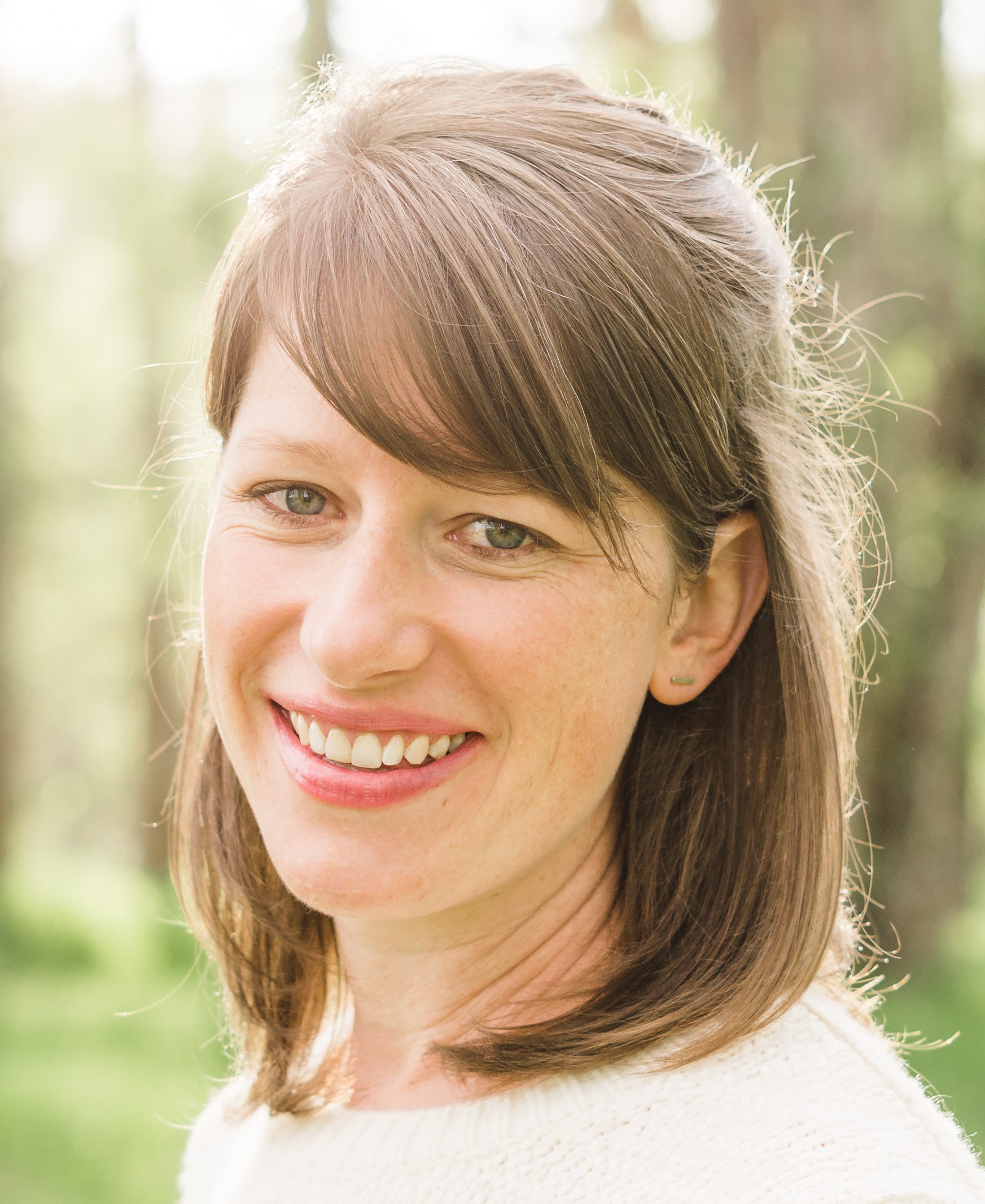 Lacey Hughey
and 3 more
Lacey Hughey
and 3 more
30 April 2025 1:38am
Fires in the Serengeti: Burn Severity & Remote Sensing with Earth Engine
29 April 2025 6:16pm
1 May 2025 11:44am
MyProgress: Advancing GIS and R programming skills.
20 April 2025 1:45pm
FROM VULNERABILITY TO SECURITY: INSPIRING COEXISTENCE THROUGH A RESILIENT BOMA
17 April 2025 8:41pm
Beekeeping training center/field school
3 April 2025 10:38am
4 April 2025 2:16pm
Thanks.
Any time you meet someone with internet to invest in the beekeeping industry. Kindly remember my name.
8 April 2025 9:17am
Hi, I'm really interested in your project. If you're open to it, I’d be happy to build and send you a couple of data logger units — free of charge — to help monitor temperature, humidity, pressure, and possibly hive weight using a load cell. I’m also considering adding a simple bee traffic sensor to track how often bees enter and leave the hive. This could help reveal patterns related to foraging behavior or colony stress.
It would also be an interesting use case for using LoRaWAN to send node data to a central gateway. The data could be exported in line protocol format so you can easily import it into InfluxDB or another dashboarding tool if you'd like to visualize it.
I’m quite busy with other projects, but I’d be happy to throw something together to get you started, and I’ll include the source code in case you'd like to modify or expand it in the future. Let me know if this sounds helpful — I'd love to support your work.
Best regards, Travis
8 April 2025 2:36pm
Great dear Travis,
This is a great news and an opportunity to me and my local bee keepers. It really sounds very helpful.
Here is my contacts:
Email: muganyizi@pales.or.tz
Mobile WhatsApp: +255686 821 070.
Kindly spare a time slot so that we dive into details of this for your support and collaboration.
GPS collars for domestic dogs
20 January 2025 3:26am
20 February 2025 8:46pm
What are your parameters? Do you need yes no movement, which could be collected with an accelerometer and no lat-long data?
Movement on an XY grid once an hour within a tightly bounded area?
High resolution once per second data? Large geographic area?
Different technologies deliver ddifferent datasets. Sometimes, significantly!
10 March 2025 11:37am
Hi Stephanie, at https://Savannahtracking.com we develop and manufacture a variety of collars with sizes ranging from about 95 grams for Raptors, 200grams - 1200g for mammals, and collars for large mammals such as Elephants. We currently have collars deployed on Dingoes which are about the same size as domestic dogs, and I believe that a similar solution will be perfect for your needs.
Our GPS collars can be programmed to collect high resolution data (15-minute gps positions) with hourly uploads via iridium satellite to our server where you can view and download the data from our dedicated windows or MAC SDM platforms. We also have a view only android/ios app. All our collars have two-way satellite communication, Internet based downloading via the free accompanying Savannah Tracking data manager software, automated Google Earth links for visualization, fully user definable geo fencing allowing for point, line and polygon fences and automated app and mail alarms in case of zone violation.
Kindly reach out to us and we can discuss a bespoke solution for your tracking needs at info@savannahtracking.com
11 March 2025 3:31am
Thank you! I will follow up by email.
Tanzania Forest Fund opens 2025 call for proposals (TZS 5M-50M or more)
8 January 2025 2:35pm
My Journey with the Women in Conservation Technology Program
27 December 2024 1:50pm
Finishing Off the 2024 WiCT Programme: Building an East African Female Conservation Technology Community
23 December 2024 3:18pm
STEMLAB4Nature: Inspiring Conservation Through Tech &Education
18 December 2024 9:54am
Advancing Conservation Through Technology: My Academic Journey
15 December 2024 2:09pm
Designing and Implementing Monitoring and Evaluation Tools for Conservation Education Programs
24 November 2024 3:34pm
Master in Sustainable Development, KU Leuven - Scholarships & Applications for 2025-2026
23 November 2024 2:18pm
Coexistence Coordinator Position at Save the Elephants
23 November 2024 1:49pm
Catch Up with the East Africa Community Connect: December
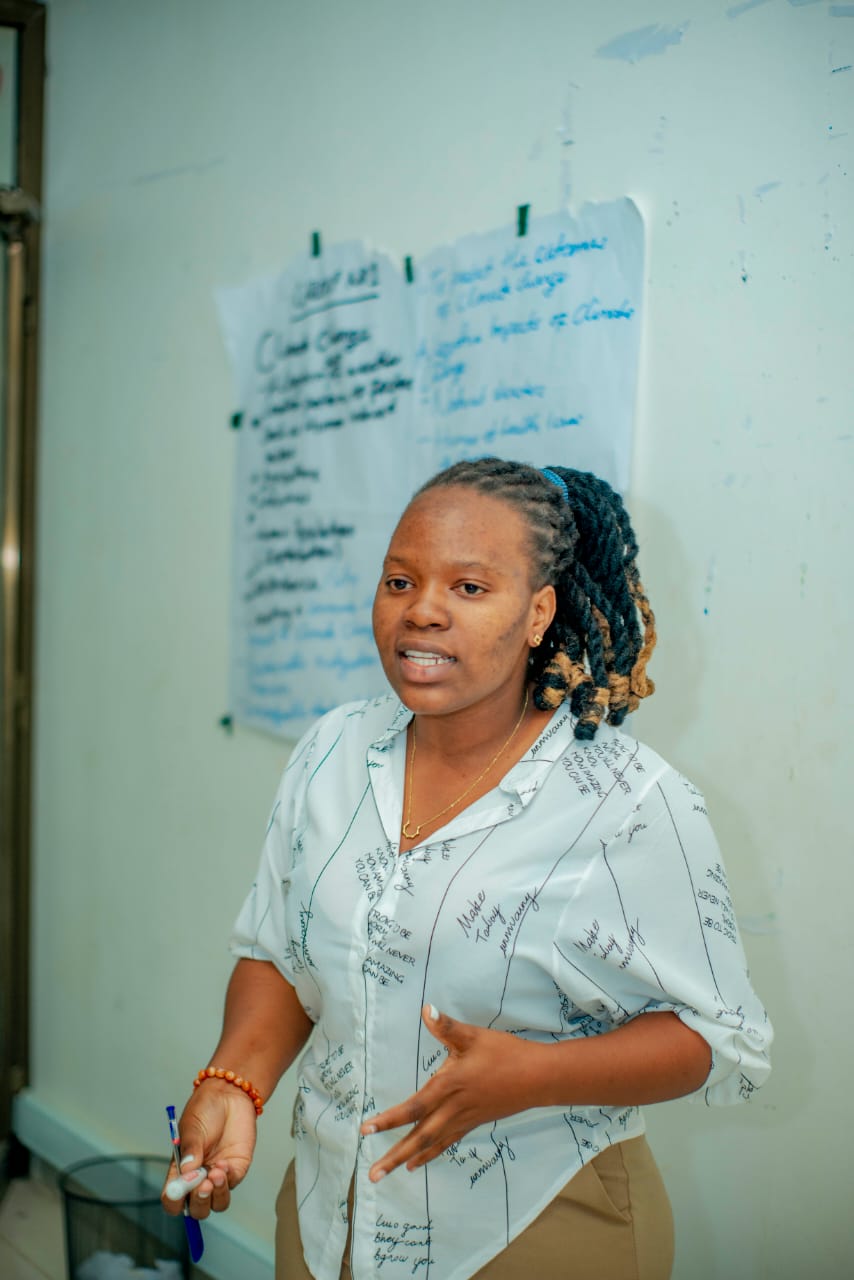 Agripina Cletus
and 1 more
Agripina Cletus
and 1 more
21 November 2024 4:40pm
23 November 2024 7:45pm
volunteer at the Yellow Mongoose Project
12 November 2024 9:39am
Two Postdoctoral Fellowships on the Spatial Ecology of Bustard Species
11 November 2024 2:45pm
ACS@1 What has happened?
8 November 2024 5:47pm
Who gave you your last research travel grant? | ¿Quién le concedió su última beca de viaje de investigación? | Quem lhe concedeu sua última bolsa de viagem de pesquisa?
16 October 2024 6:21pm
16 October 2024 10:03pm
Thank you for your answer, Vanesa!
And for reminding me to add a translation.
18 October 2024 7:19pm
That is challenging and I'd be keen to hear other people's suggestions!
From the academic realm, I'll say that many graduate students get travel funding through scientific societies. E.g. the Association for Tropical Biology and Conservation has seed grants:
https://tropicalbiology.org/grants-awards/atbc-seed-research-grant/
And Society for Conservation Biology has grad student awards:
https://conbio.org/mini-sites/scb-awards/student-awards
These are often restricted to members unfortunately. National/regional societies might be good resources for people to look into.
4 November 2024 1:49pm
Oops, sorry about that. I wrote a reply a few weeks ago, and I am pretty sure I clicked the button, but apparently something went wrong. So, another attempt
Thank you for your answer, @brandon. I had overlooked the scientific societies.
Membership may be an issue, but I noticed that the ATBC has diversified fees depending on career stage and the member country's economic development, and the SCB membership fee depends on income.
Traducción de idiomas / Language translation
2 October 2024 9:27pm
3 October 2024 6:57am
Me encanta esta grupa. Tengo cinco anos Duolingo 😀
3 October 2024 6:59pm
Thanks for writing this all down, @Wade !
During the discussion, I claimed that searching WILDLABS content in a different language is not possible in spite of the translation tools in browsers. Someone ( was it @carlybatist ?) then pointed out that this might work with ChatGPT. I haven't had the chance to test that yet. If it works, then that would be awesome.
----------------------------------- Google translate debajo ----------
¡Gracias por escribir todo esto, @Wade! Durante la discusión, afirmé que no es posible buscar contenido de WILDLABS en un idioma diferente a pesar de las herramientas de traducción de los navegadores. Alguien (¿fue @carlybatist?) señaló que esto podría funcionar con ChatGPT. Todavía no he tenido la oportunidad de probarlo. Si funciona, sería fantástico.
7 October 2024 3:32pm
Gracias @Wade, por iniciar esta conversación. La traducción en Mac quedó impecable! Nos encantaría seguir escuchando sus experiencias y sugerencias sobre cómo hacer que nuestros foros y eventos sean más accesibles e inclusivos en diferentes idiomas. En cuanto a Chrome, existe una opción similar con la extensión de Google Translate (y también hay una opción parecida en Edge). Si escribo un mensaje, puedo seleccionarlo, hacer clic derecho y elegir "Traducir". Esto abre un pop-up de Google Translate y me permite seleccionar el idioma de destino (aunque está limitado a un número específico de caracteres 😕). Sin embargo, como menciona Frank, el problema con estas soluciones es la limitación para buscar contenido en otros idiomas dentro de la plataforma, ya que la traducción es solo superficial y no afecta la búsqueda de palabras clave en el contenido original. Sería interesante explorar opciones de integración más profundas, como el uso de herramientas de inteligencia artificial que faciliten tanto la traducción como la búsqueda y navegación en varios idiomas.
--------------------Chat GPT translation below ----------------------------------------
Thank you, @Wade, for starting this conversation. The Mac translation worked flawlessly! We would love to continue hearing your experiences and suggestions on how to make our forums and events more accessible and inclusive in different languages. As for Chrome, there’s a similar option using the Google Translate extension (and a comparable option in Edge). If I write a message, I can select it, right-click, and choose "Translate". This opens a Google Translate pop-up and allows me to select the target language (although it is limited to a certain number of characters 😕). However, as Frank mentioned, the issue with these solutions is that they don’t support searching content in other languages within the platform, as the translation is only superficial and doesn’t affect keyword searches in the original content. It would be interesting to explore deeper integration options, such as using AI tools that can facilitate both translation and searching/navigating across multiple languages.
Catch Up with the East Africa Community Connect: October
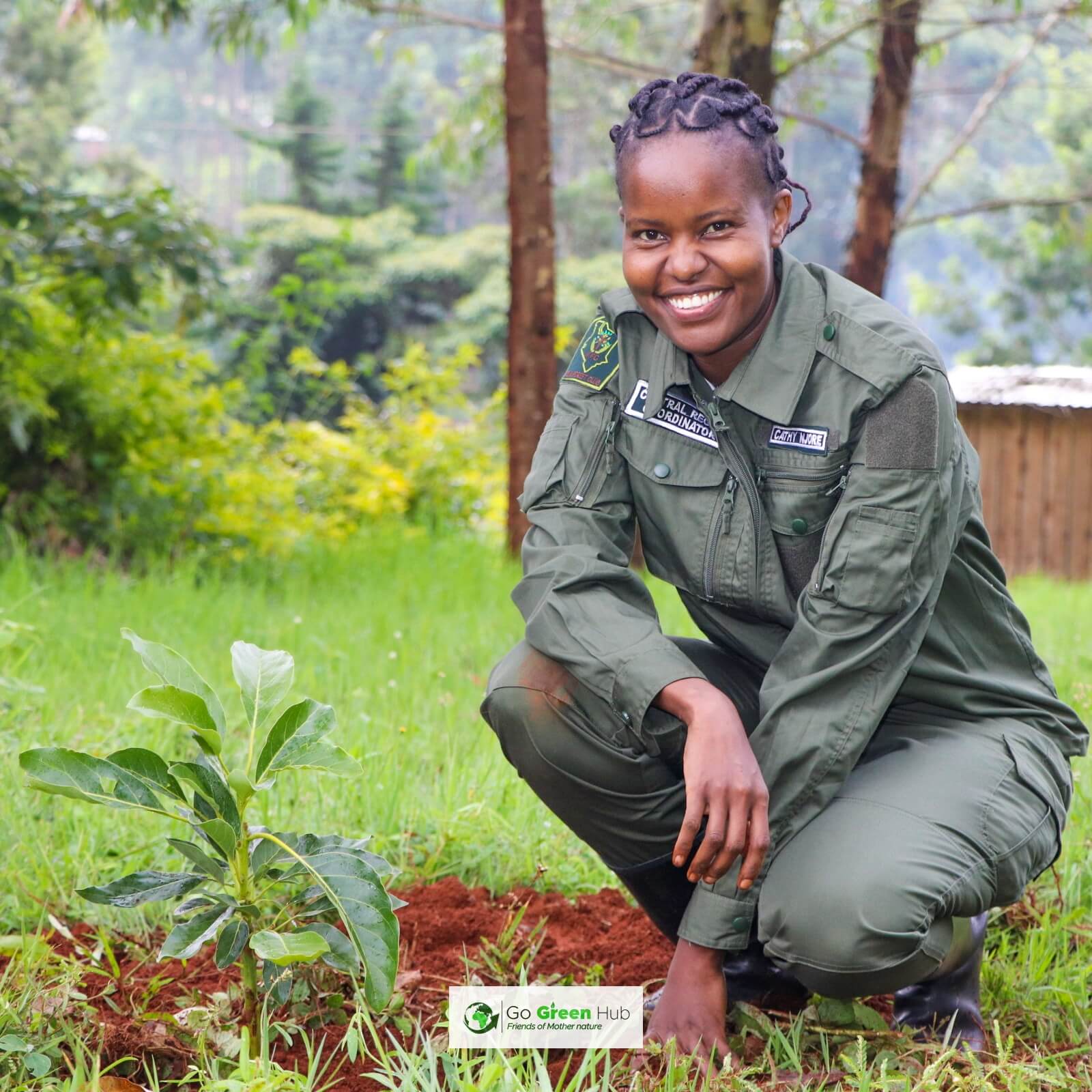 CathyNj
and 1 more
CathyNj
and 1 more
24 October 2024 2:29pm
GIS Education for Sustainable Development
17 October 2024 5:01pm
23 October 2024 9:06am
Thank you. A workshop. Target is teachers for primary school learners. Thanks for the link!
23 October 2024 9:07am
Hi
Thank you. Probably you can message me😃👍 ❔ I'd love to hear some more🌻
23 October 2024 9:09am
I actually made some models with some learners and it is helpful with lower primary. Great idea. Hadn't thought of mentioning that.
Recycled & DIY Remote Monitoring Buoy
15 January 2024 1:14am
3 October 2024 9:16am
Hi Brett,this ocean lab sychelles is great to hear from you! I love your remote monitoring buoy project, especially the recycling of DFAD buoys and the design of custom-built ones that are full of interesting features. The expandability of the navigation buoys enabling it to be configured as hydrophones, cameras, or water quality monitors is a great feature. The technical marvels, such as recycling DFADs' circuits, making your own hydrophone, and designing a super-efficient system, are terrific. Moreover, it is encouraging to witness the deployment of your early system, particularly the live video and water quality data you have collected. You will definitely make a positive impact on the Wildlabs community with your knowledge of electrical engineering and software development. I care to hear more of your discoveries and any news that you will be sharing. Keep doing what you excel at!
8 October 2024 8:46am
Thank you for sharing!
21 October 2024 12:45am
Hi Brett,
I am interested in developing really low cost multi channel underwater acoustic recorders. Can you tell me a bit more about the board and stuff you were using for yours? You can get me at chris@wilcoanalytics.org.
Thanks,
Chris
Director of Mpala Secretariat
16 October 2024 6:34pm
Human – Wildlife Conflict Field Officer at Frankfurt October 2024
12 October 2024 7:43am
🌍🎶 **Inspiring Moments at the African Bioacoustics Community Conference!** 🎶🌍
18 September 2024 5:37pm
18 September 2024 5:40pm
26 September 2024 1:08pm
Looking to understand SMART
31 July 2024 7:06pm
9 August 2024 1:30pm
In addition to the suggestions already listed, I'd recommend engaging with the SMART Community Forum:
There are also many peer reviewed papers on the topic, for example:
Conservation Technology - Google Books
The global loss of biodiversity is occurring at an unprecedented pace. Despite the considerable effort devoted to conservation science and management, we still lack even the most basic data on the distribution and density of the majority of plant and animal species, which in turn hampers our efforts to study changes over time. In addition, we often lack behavioural data from the very animals most influenced by environmental changes; this is largely due to the financial and logistical limitations associated with gathering scientific data on species that are cryptic, widely distributed, range over large areas, or negatively influenced by human presence. To overcome these limitations, conservationists are increasingly employing technology to facilitate such data collection. Innovative solutions have been driven by dramatic advances in the conservation-technology interface. The use of camera traps, acoustic sensors, satellite data, drones, and computer algorithms to analyse the large datasets collected are all becoming increasingly widespread. Although specialist books are available on some of these individual technologies, this is the first comprehensive text to describe the breadth of available technology for conservation and to evaluate its varied applications, bringing together a team of international experts using a diverse range of approaches. Conservation Technology is suitable for graduate level students, professional researchers, practitioners and field managers in the fields of ecology and conservation biology.
http://www.primate-sg.org/storage/pdf/VJP_3_4_pp59-68.pdf
Willingness to Adopt the Spatial Monitoring and Reporting Tool (SMART): The Case of Ugalla Game Reserve, Tanzania. | EBSCOhost
Discover this 2021 paper in Journal of Education, Humanities & Sciences (JEHS) by Magige, Flora John; Nahonyo, Cuthbert L.; Wilfred, Paulo; et. al. focusing on: TANZANIA; PROTECTED areas; EMPLOYEE training; HUMAN resources departments; LAW enforcement; GAMES
Law Enforcement for Wildlife Conservation (Chapter 2) - Artificial Intelligence and Conservation
Artificial Intelligence and Conservation - March 2019
Asia-Pacific Forest Sector Outlook: Innovative forestry for a sustainable ... - Pingault, N., Roshetko, J.M., Meybeck, A. (eds.) - Google Books
Young students and people, formally or informally engaged in the forest sector, will be the guardians and managers of tomorrow’s forests. Technology savvy, the youth can play an instrumental role in the uptake and scaling-up of innovative technologies (whether digital technologies, biological technologies, technical innovations on processes and products, or innovative finance and social innovations), able to advance sustainable development in the forest sector in the region. Young people can bring in the innovation debate forward-looking perspectives and out-of-the-box thinking. This is why FAO and CIFOR/FTA decided to strengthen their voice in the debate, relaying their experiences and propositions for sustainable innovation in the forest sector. This FAO and CIFOR co-publication gathers 13 youth contributions, carefully selected. These contributions illustrate, in various contexts, the potential of innovative technologies to advance sustainable forestry and sustainable forest management in the Asia-Pacific region.
26 August 2024 10:42am
Have you looked at some of the case studies published on SMART website. Also SMART webinars on Youtube could also interesting to understand the software.
Also recommend looking at SMART alternative EarthRanger which is far more simpler than SMART.
EarthRanger: Protecting Wildlife With Real-Time Data
EarthRanger: Protecting Wildlife With Real-Time Data
18 September 2024 10:52am
Hi loveness
Comprehending the given answers, I hope this link will help you understand more about SMART. its contain courses of SMART training
https://smart.campusuci2.com/course/index.php?categoryid=5
Thanks

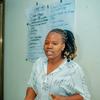

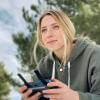




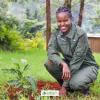



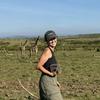



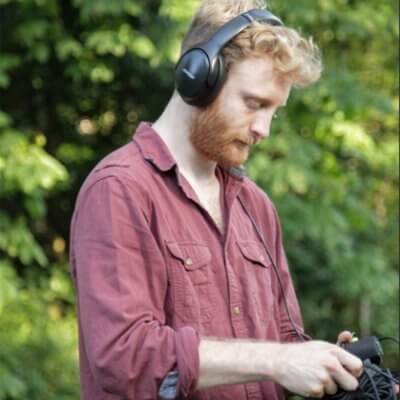

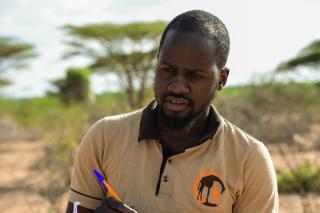

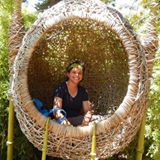
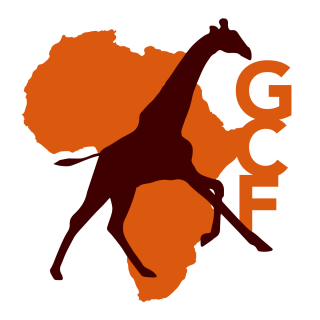

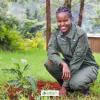
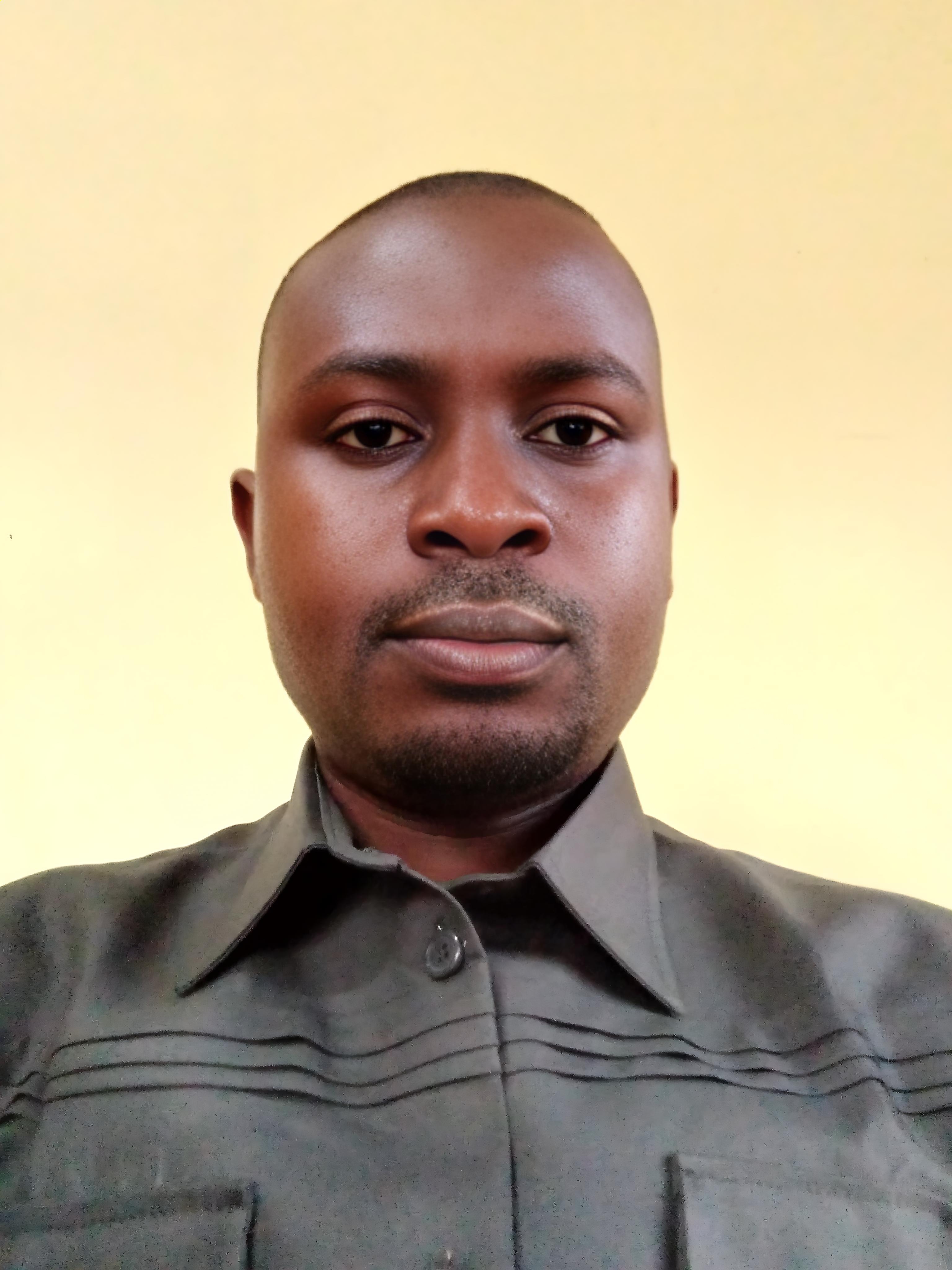









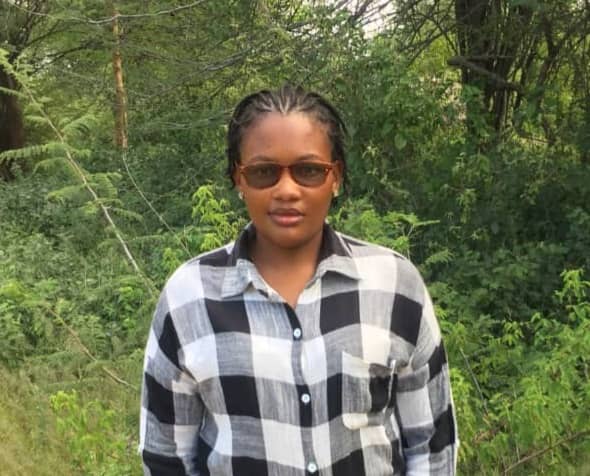






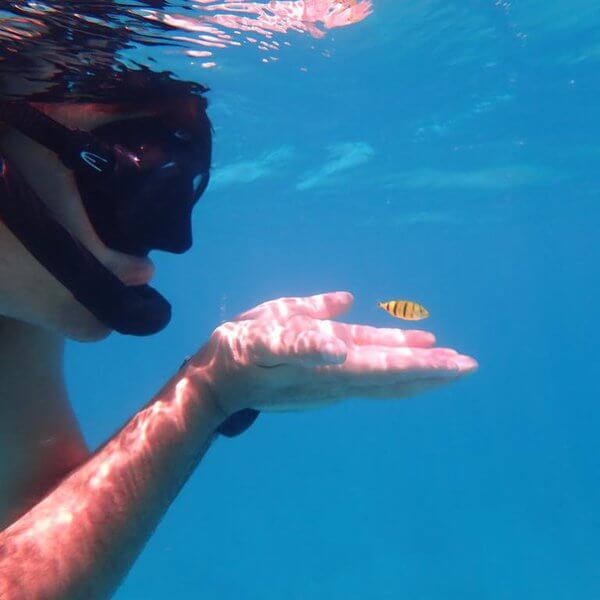
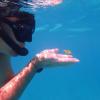








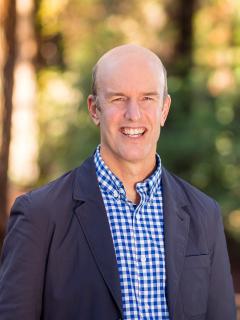

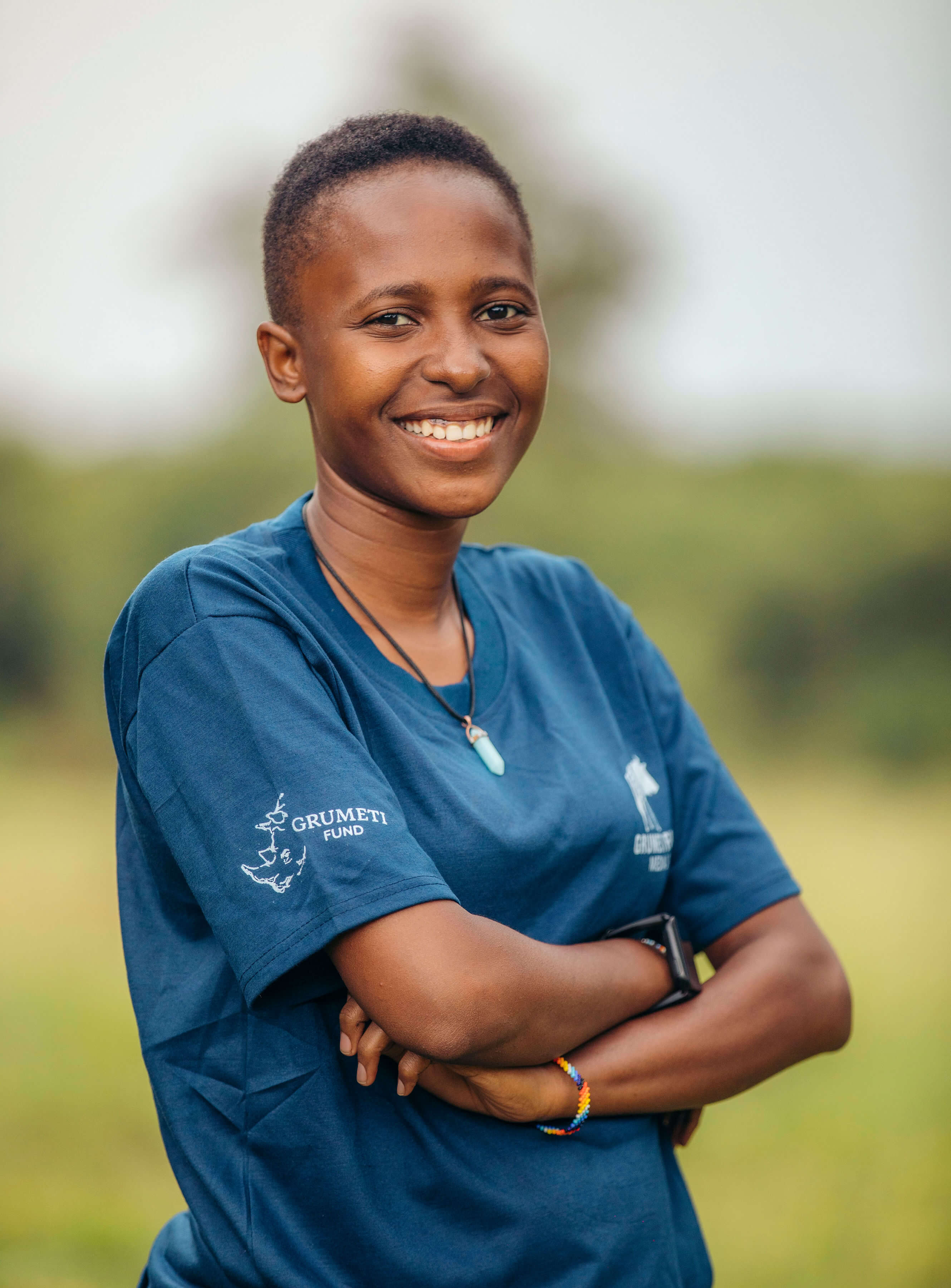




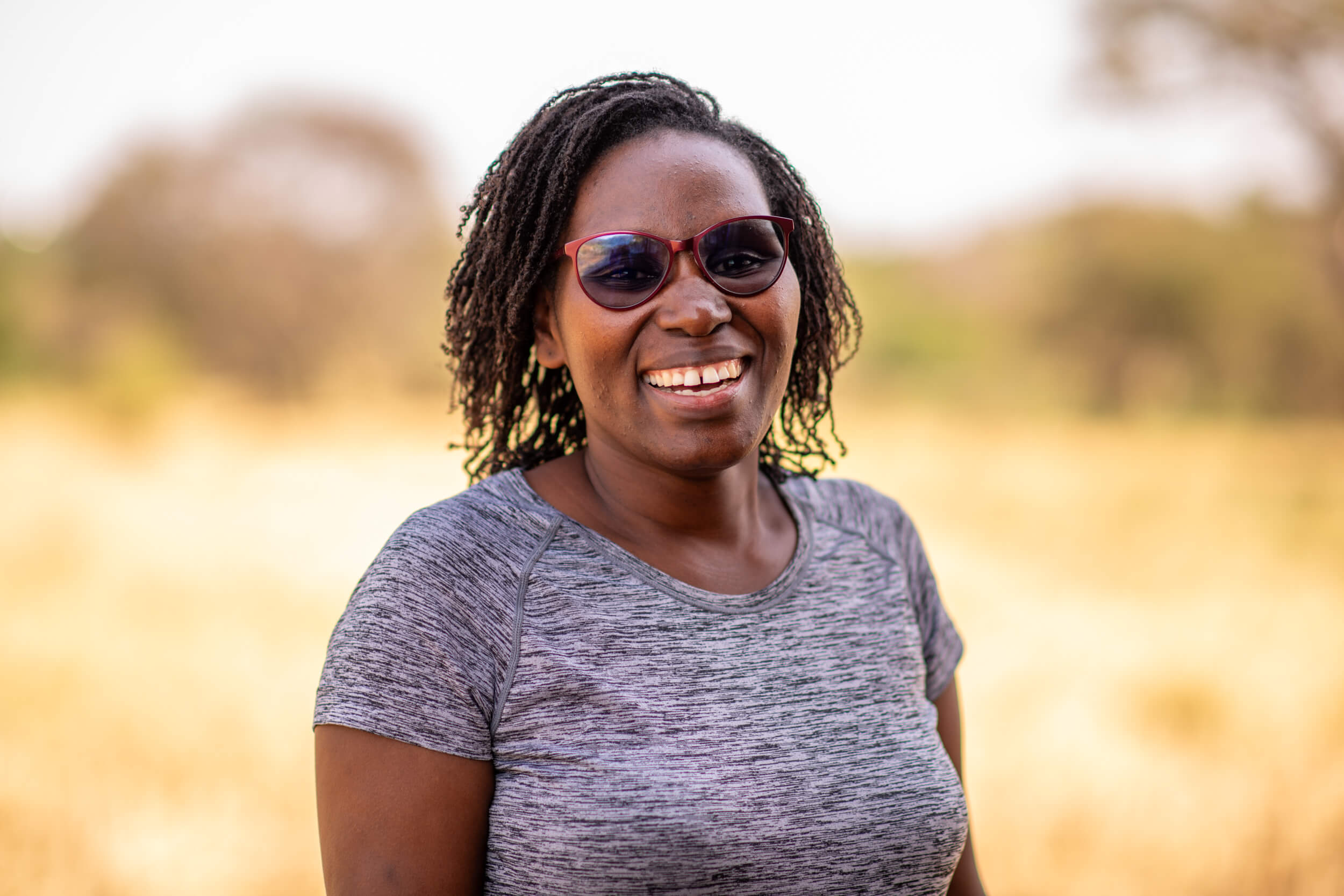
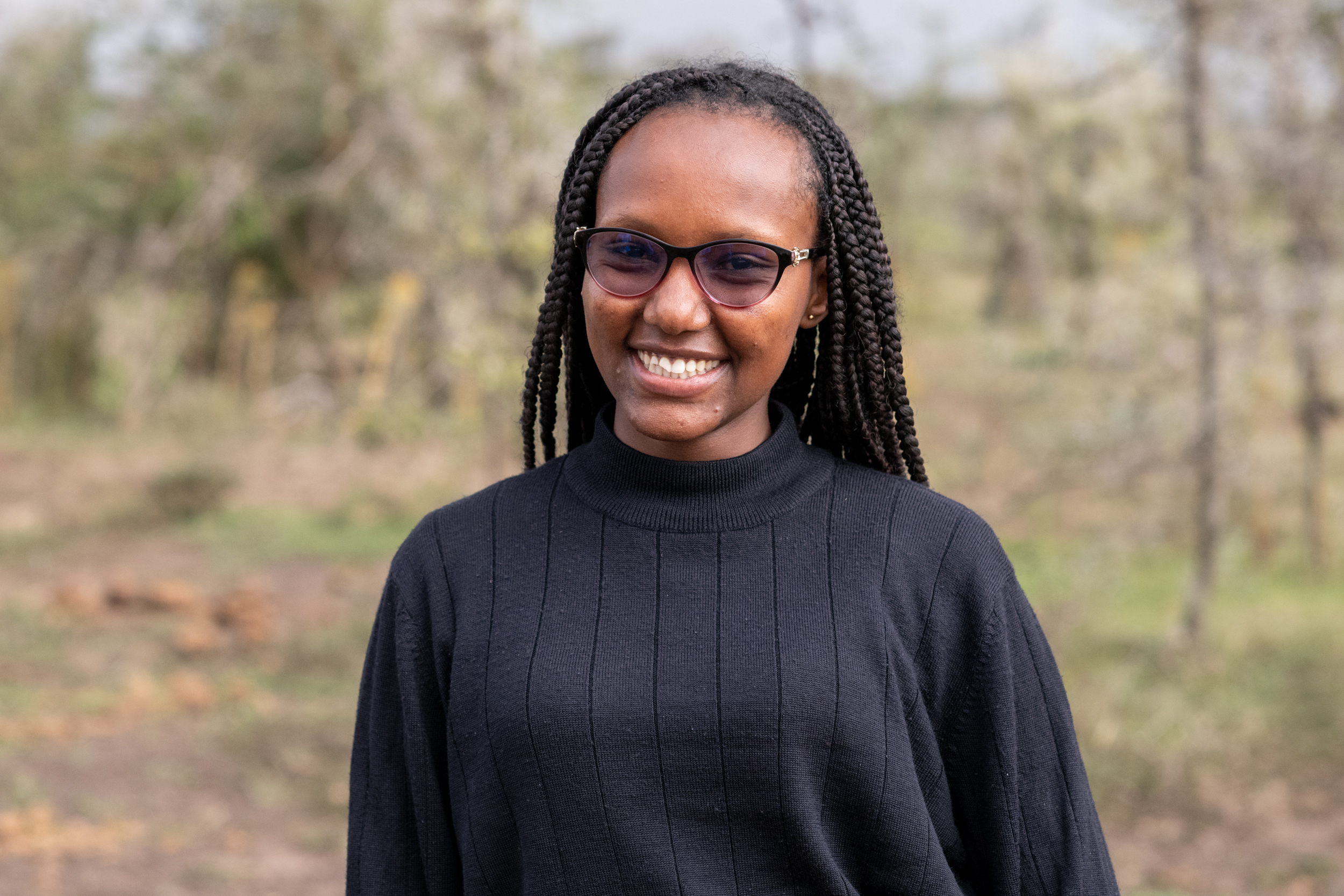







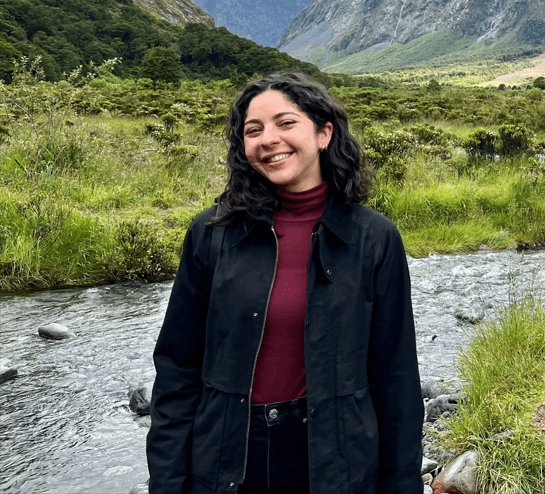


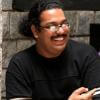
21 April 2025 4:56pm
WILDLABS is in the process of organizing a global Conservation Tech Conference - @Adrien_Pajot is leading on that. I think it's meant to be sometime early 2026?